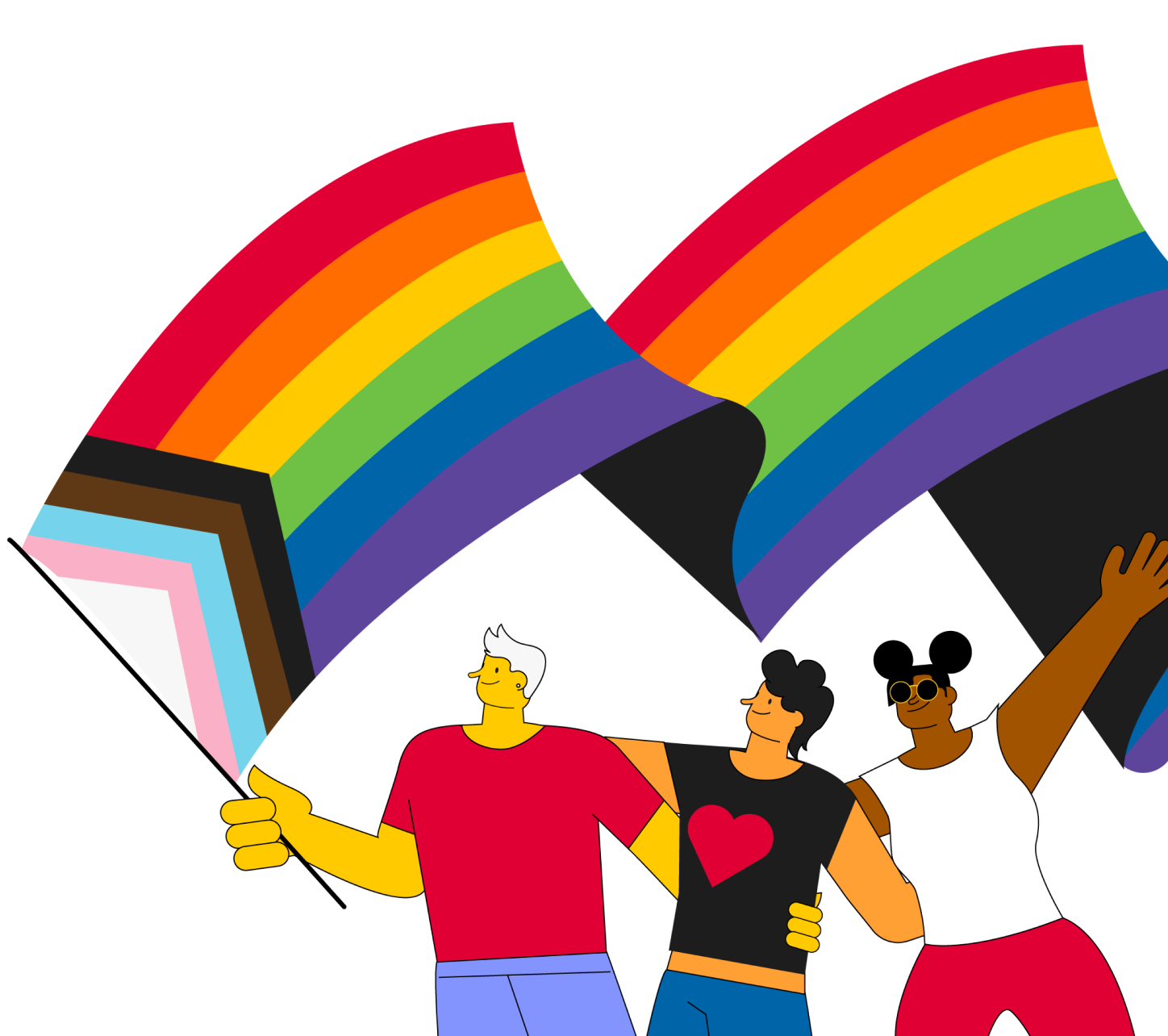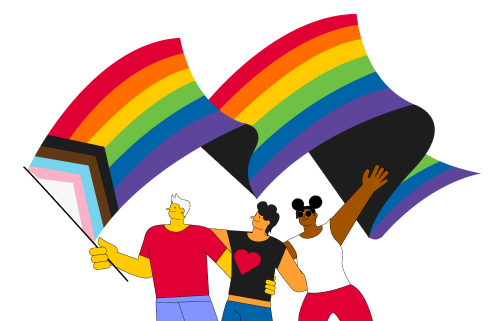Pride is a time for us to come together to celebrate the hard-won victories of the past 50 years.
Although LGBTQ+ elders and allies fought for acceptance before 1969, the Stonewall riots started a cultural shift still felt today. We are celebrating some of the milestones our community has achieved by standing up for its rights and honoring the accomplishments of the five decades since Stonewall. We know that within this timeline are the special and unique moments you have lived within our shared timeline. We thank you for all your private and personal moments that have made this a shared history.
Take Care and Create What Comes Next!


